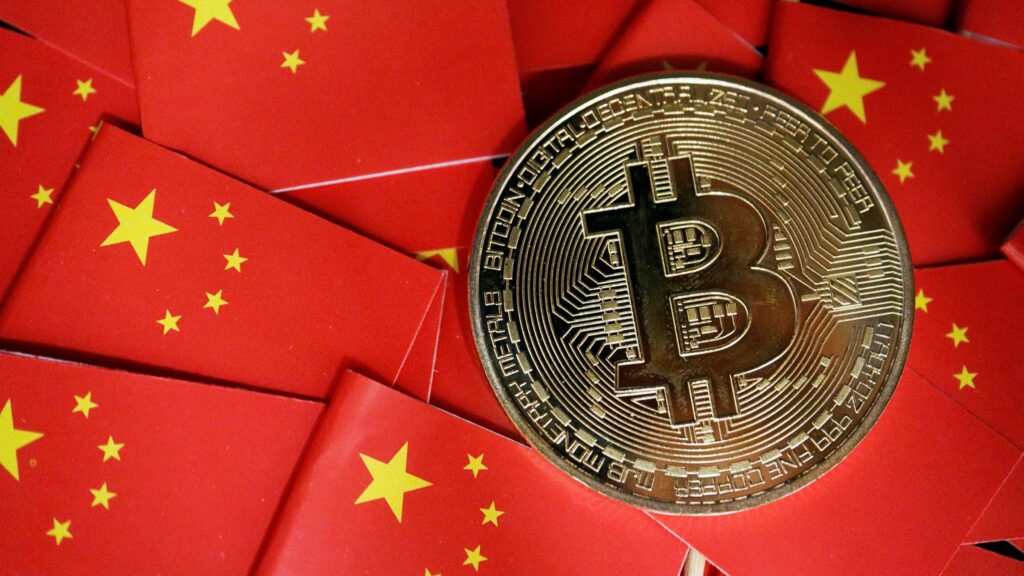Chinese Courts Redefine Crypto Protected Under Property Laws And Rights
Key Points:
- Chinese courts declare cryptocurrencies as legal property, protected under property laws and rights, despite the 2021 ban.
- A People’s Court report identifies virtual assets as property when held by individuals, challenging the government’s blanket ban on foreign digital assets.
- The report advocates a unified legal strategy, combining criminal and civil law, to protect personal property rights in the cryptocurrency realm.
The Chinese stance on cryptocurrencies has taken an intriguing turn despite the widespread ban implemented in 2021.

Recent reports from a People’s Court in China declare that cryptocurrencies are legally recognized as property and are protected under property laws and rights.
In a report titled “Identification of the Property Attributes of Virtual Currency and Disposal of Property Involved in the Case,” the court delved into the legal status of virtual assets within the country, as reported by ODaily News.
It acknowledged that virtual assets have economic attributes, thereby classifying them as property. This surprising declaration comes in contrast to the government’s blanket ban on foreign digital assets.
The report emphasizes that when held by individuals, virtual assets are considered legal property and warrant protection under existing legal frameworks. Instead of relying solely on traditional approaches, the report suggests a unified strategy combining criminal and civil law to safeguard personal property rights effectively.
This revelation stands in contrast to the Chinese government’s cautious stance towards digital currencies, including foreign ones.
The government’s recent measures, effective September 2023, outlaw the exchange of virtual currencies, impose bans on digital currency token issuance, and intensify surveillance on crypto mining activities.
While this declaration from the People’s Court represents a significant shift in perspective, it remains to be seen how it will impact the broader cryptocurrency landscape in China, which has seen its fair share of regulatory changes and developments over recent years.
DISCLAIMER: The information on this website is provided as general market commentary and does not constitute investment advice. We encourage you to do your own research before investing.



















